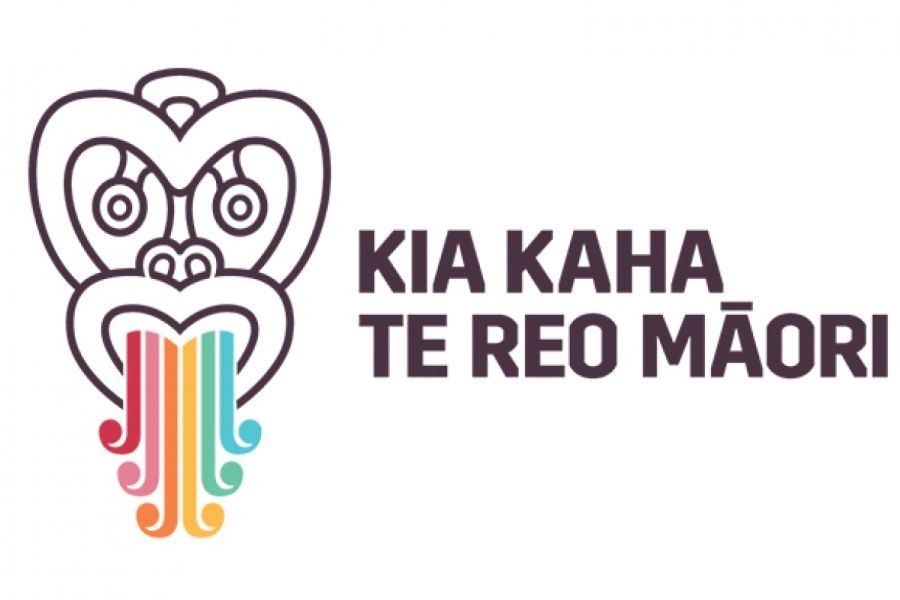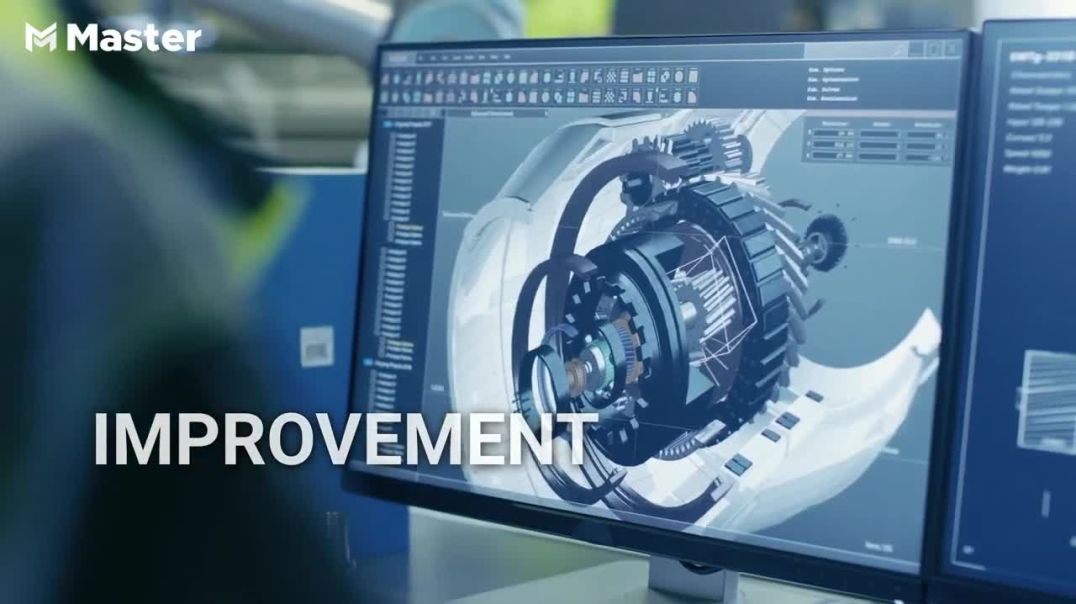In the heart of the Pacific, New Zealand stands as a beacon of progressive work-life balance, a nation renowned for its harmonious integration of professional and personal life. Yet, as technology evolves at a breakneck pace, the very fabric of this balance is being redefined. This transformation isn't just a matter of convenience; it's set to reshape the Kiwi way of life fundamentally. In this article, we delve into the intricacies of how New Zealand's work-life balance will adapt with the advent of changing technology, offering a deeply-researched, engaging exploration that leaves no stone unturned.
The Impact of Technology on Work-Life Balance
Technology, while often seen as a disruptor, holds the potential to enhance work-life balance significantly. Remote work, a trend accelerated by the pandemic, is poised to become a mainstay in New Zealand's work culture. According to a 2023 report by Stats NZ, 40% of New Zealand's workforce had shifted to some form of remote work, a figure expected to rise as businesses recognize the productivity and satisfaction gains it offers.
The Pros and Cons of Technological Advancements
As with any major shift, the integration of technology into our work lives comes with both advantages and challenges:
✅ Pros:
- Flexibility: Employees can tailor their work schedules around personal commitments, fostering better work-life harmony.
- Productivity Boost: Digital tools and AI-driven solutions streamline tasks, allowing for more efficient work processes.
- Global Opportunities: Technology enables Kiwis to collaborate with global teams, broadening career horizons.
❌ Cons:
- Overwork Risk: The same technology that offers flexibility can blur the lines between work and home, leading to burnout.
- Privacy Concerns: Increased digital surveillance and data collection raise ethical and security issues.
- Digital Divide: Not all workers have equal access to the technological tools needed for remote work, creating inequities.
Case Study: Xero – A New Zealand Success Story
One of New Zealand's most prominent tech success stories is Xero, a cloud-based accounting software provider. Facing the challenge of maintaining a cohesive culture amid rapid growth and international expansion, Xero leveraged technology to enhance employee engagement and work-life balance.
Problem: As Xero expanded globally, maintaining its unique company culture and employee satisfaction became increasingly challenging.
Action: Xero implemented flexible work policies supported by digital tools that allowed employees to work from anywhere, anytime. This included using collaboration platforms and AI-driven analytics to streamline operations and enhance communication.
Result: Xero reported a 25% increase in employee satisfaction and a 15% boost in productivity. The company was also recognized as one of New Zealand's best places to work, underscoring the positive impact of its tech-driven strategy.
Takeaway: Embracing technology to foster flexibility and communication can significantly enhance work-life balance, offering lessons for other Kiwi businesses.
Myths and Realities of Work-Life Balance in the Digital Age
As we navigate the evolving landscape of work-life balance, it's crucial to debunk common myths that may mislead organizations and individuals alike.
Myth: "Remote work decreases productivity."
Reality: A study by the University of Auckland found that remote workers in New Zealand reported a 20% increase in productivity, thanks to fewer distractions and a more flexible work environment.
Myth: "Technology leads to job losses."
Reality: While automation replaces some roles, it also creates new ones. The New Zealand Institute of Economic Research projects that AI will generate more jobs than it eliminates by 2030, particularly in tech and service sectors.
Myth: "Work-life balance means working less."
Reality: True balance is about quality, not quantity. It's about integrating work with personal life in a way that maximizes satisfaction and productivity.
Expert Insight: The Future of Work in New Zealand
According to Dr. Jane Parker, a leading researcher at Massey University, the future of work in New Zealand will be characterized by a hybrid model that combines remote and in-office work. "As technology continues to advance, businesses must prioritize employee well-being by fostering environments that support both productivity and personal fulfillment," she asserts. Her insights emphasize the importance of a balanced approach to technological integration.
Preparing for the Future: Actionable Strategies for Kiwi Businesses
To navigate the evolving landscape, businesses can adopt several strategies:
- Embrace Flexibility: Implement flexible work arrangements that accommodate diverse employee needs.
- Invest in Technology: Leverage digital tools to enhance productivity and streamline operations.
- Prioritize Well-being: Foster a culture that values employee health and work-life balance.
- Continuous Learning: Encourage upskilling to prepare the workforce for technological advancements.
Future Trends: What's Next for New Zealand?
By 2030, the intersection of technology and work-life balance in New Zealand will likely see several key trends:
- Increased adoption of AI and automation, particularly in sectors like agriculture and manufacturing.
- A shift towards outcome-based work metrics rather than traditional time-based assessments.
- Enhanced focus on mental health support as digital connectivity continues to blur work-life boundaries.
Conclusion: Redefining Work-Life Balance in a Tech-Driven World
As New Zealand embraces the technological revolution, the evolution of work-life balance becomes an exciting opportunity rather than a challenge. By adopting flexible, tech-driven approaches, businesses can enhance productivity and satisfaction, ensuring that the Kiwi way of life continues to thrive in harmony with the digital age.
What’s your take on New Zealand’s evolving work-life balance? Share your insights below!
People Also Ask
- How does technology impact work-life balance in New Zealand? Technology enhances flexibility and productivity, allowing for better integration of work and personal life, according to Stats NZ.
- What are the biggest misconceptions about remote work? Many believe remote work decreases productivity, but studies show a 20% increase in efficiency among remote workers in New Zealand.
- What strategies can businesses implement to improve work-life balance? Businesses should embrace flexible work policies, invest in technology, and prioritize employee well-being.
- How is AI expected to impact job markets in New Zealand? AI is projected to create more jobs than it eliminates by 2030, particularly in tech and service sectors.
Related Search Queries
- New Zealand work-life balance technology
- Remote work trends in New Zealand
- Future of work in New Zealand
- AI impact on New Zealand jobs
- New Zealand digital economy
- Flexible work policies New Zealand
- Technology and productivity in New Zealand





























